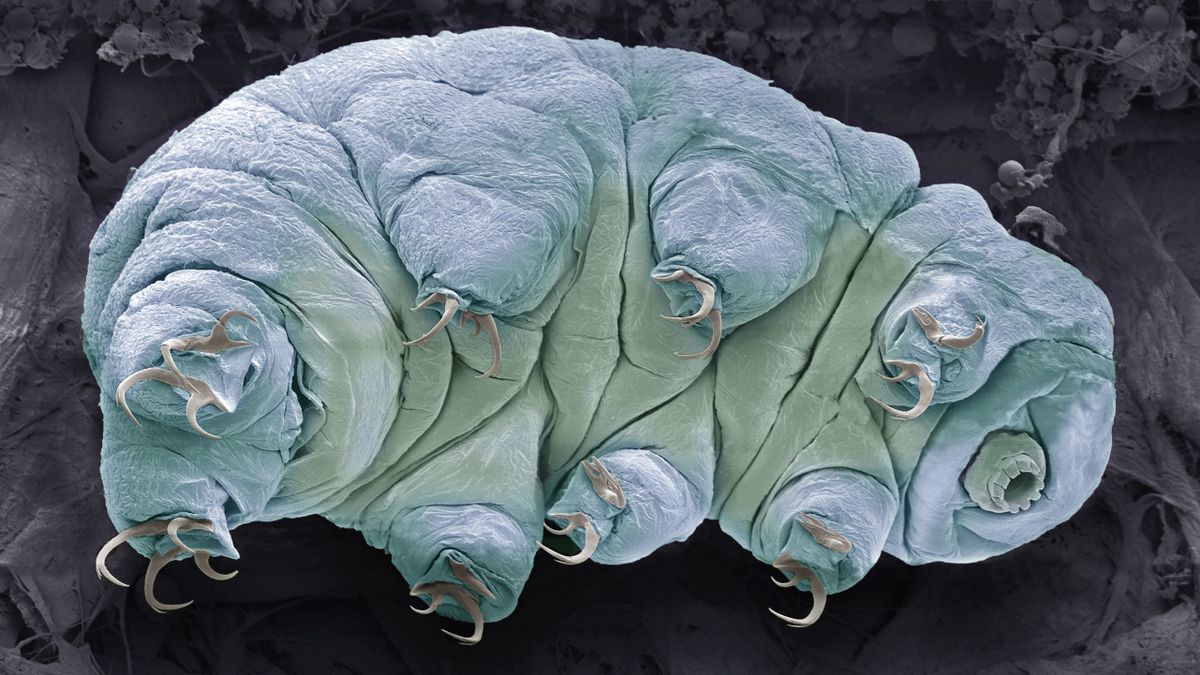 Read more: Found here
Read more: Found hereTardigrades , the ubiquitous microscopic animals that resemble gummy bears with eight legs, are renowned for their ability to survive some of the harshest environmental conditions for decades without food and water.
And we may be closer than ever to unlocking them. Chinese scientists have now identified a new species of tardigrades hosting thousands of genes that become more active when exposed to radiation. The findings point to a complex defense system that shields tardigrade DNA from radiation-induced damage and can pave the way for devising better protection for astronauts from the stresses of long-duration missions, researchers say.
The new species, named Hypsibius henanensis after China 's Henan province where it was collected about six years ago, was pummeled with doses of radiation many times higher than what would be lethal for humans. The bombardment affected 2,801 tardigrade genes associated with DNA repair, cell division, hormone metabolism and immune responses, according to a paper published Oct. 25 in the journal Science.
Related: 1st tardigrade fossils ever discovered hint at how they survived Earth's biggest mass extinction
One of the genes that became most active, called DODA1 , appears to resist radiation damage by enabling tardigrades to produce antioxidant pigments known as betalains, which can erase some of the harmful reactive chemicals inside cells that are caused by radiation. When the researchers treated human cells with a tardigrade's betalains, they found the cells fared much better at surviving radiation than untreated cells, study co-author Lingqiang Zhang, who is a molecular and cellular biologist at the Beijing Institute of Lifeomics, told Nature News .
A few thousand tardigrades were spilled onto the moon's surface after riding there aboard Israel's Beresheet spacecraft, which crashed during landing. While the fact that the specimens lay dormant on lunar soil raised ethical questions, microbiologists have deemed their chances of colonizing the moon zero, given the lack of oxygen and liquid water.
No comments:
Post a Comment